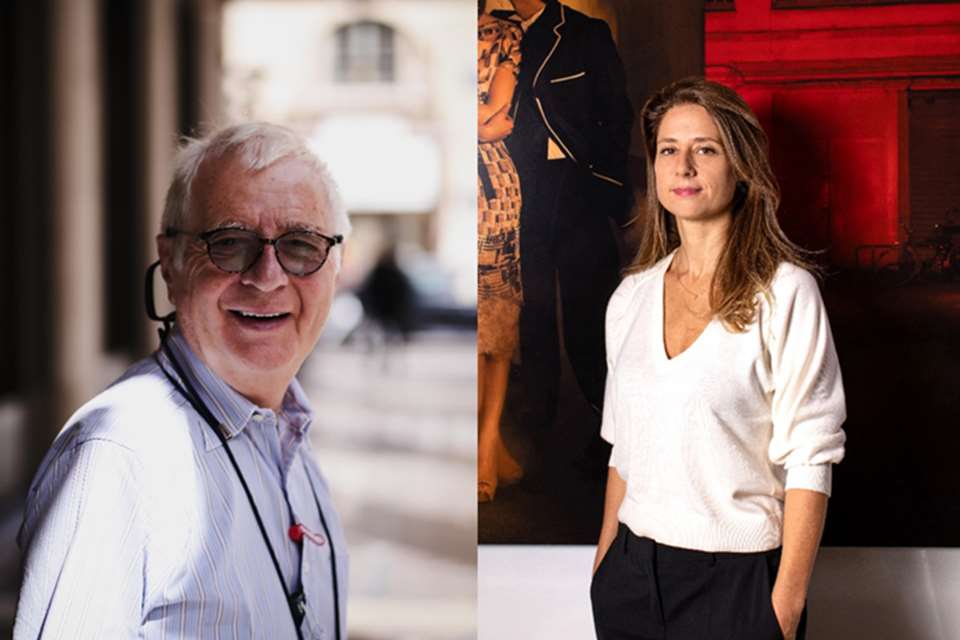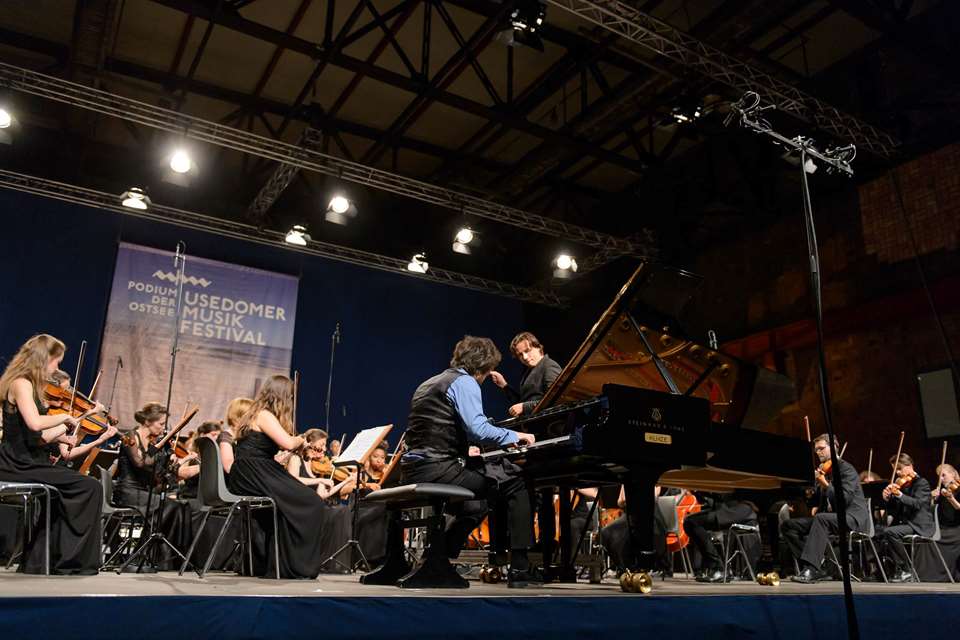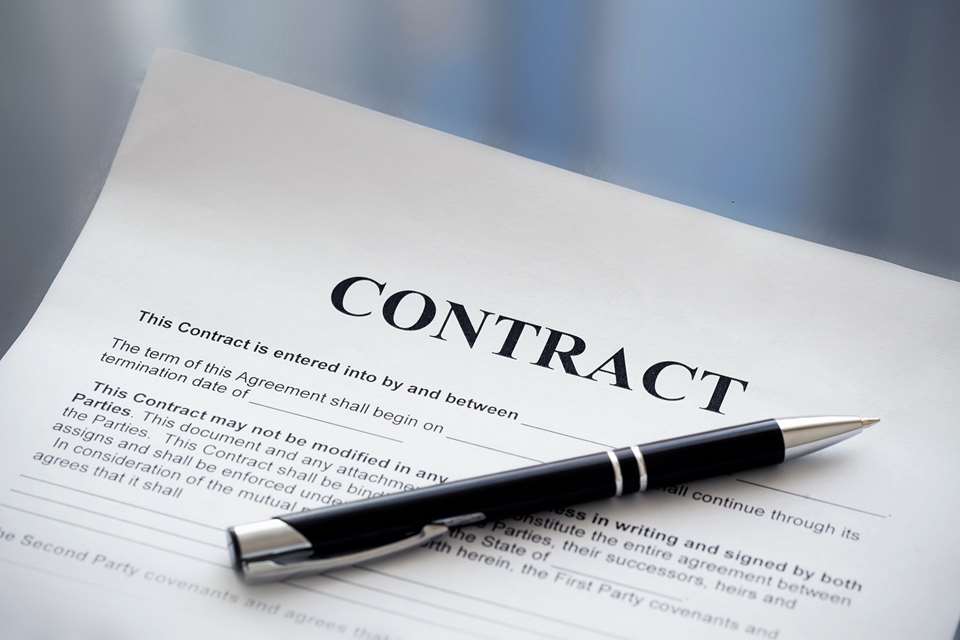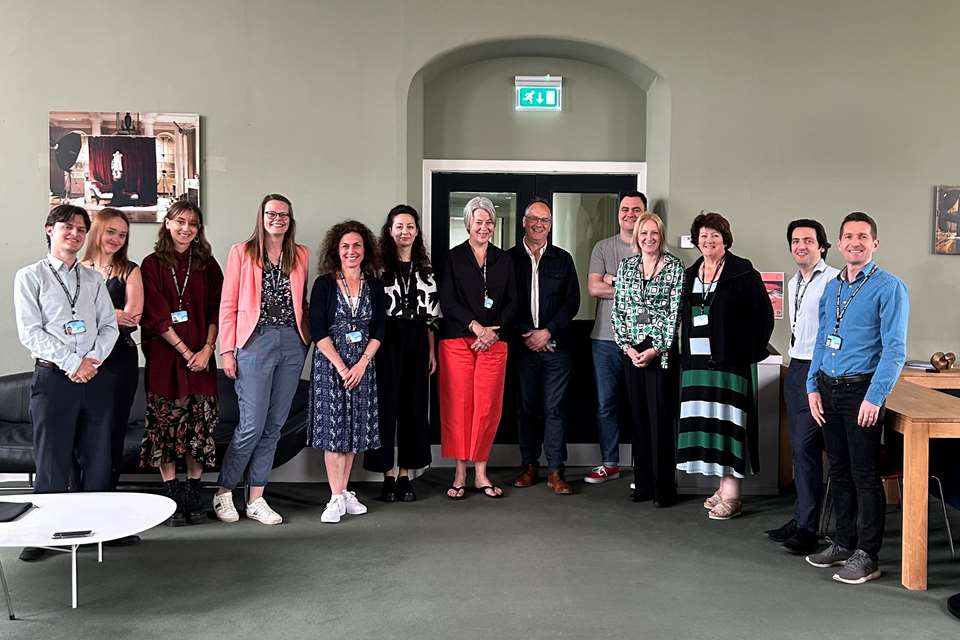Artist Managers: What HarrisonParrott’s new ownership model means for the agency
Andrew Green
Monday, October 2, 2023
Andrew Green sits down with HarrisonParrott co-founder Jasper Parrott and incoming CEO, his daughter, Moema Parrott to find out how the agency's sale to an Employee Ownership Trust and its change in leadership will impact its future
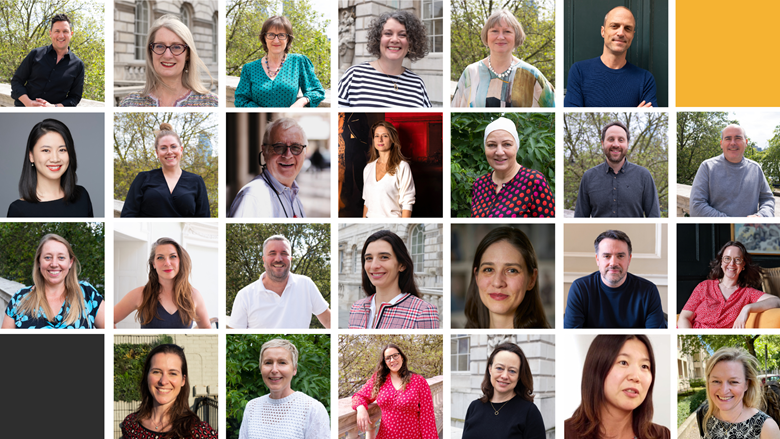

Register now to continue reading
Don’t miss out on our dedicated coverage of the classical music world. Register today to enjoy the following benefits:
- Unlimited access to news pages
- Free weekly email newsletter
- Free access to two subscriber-only articles per month
